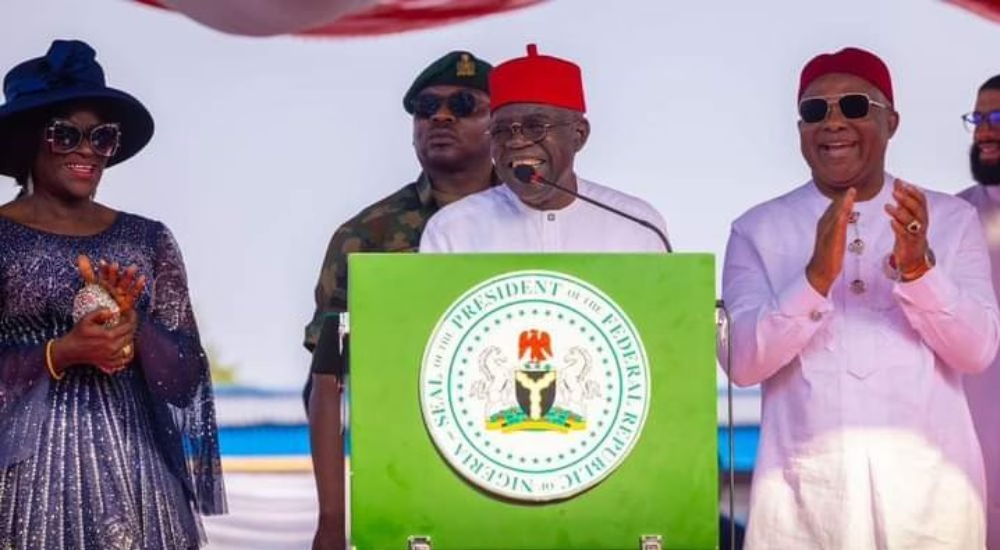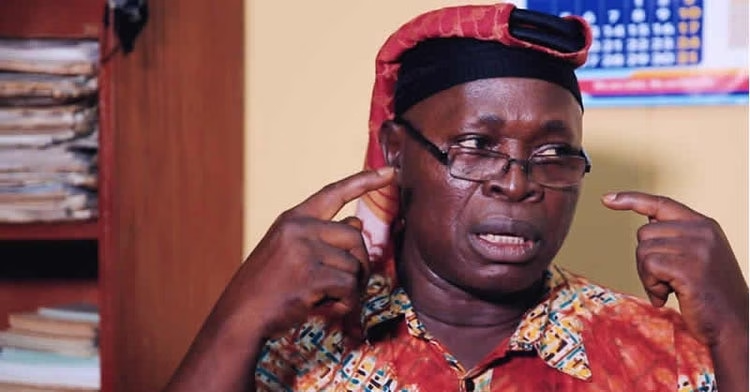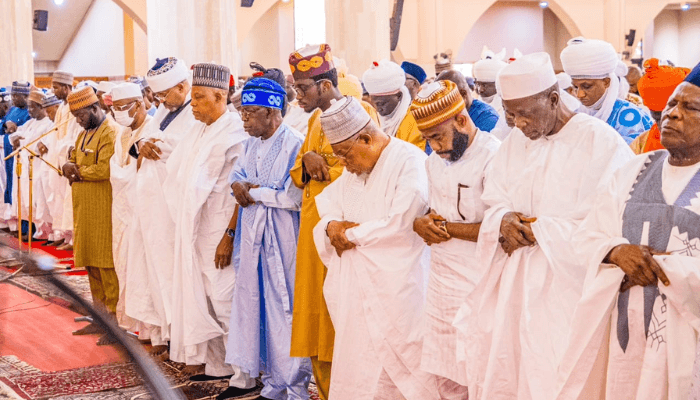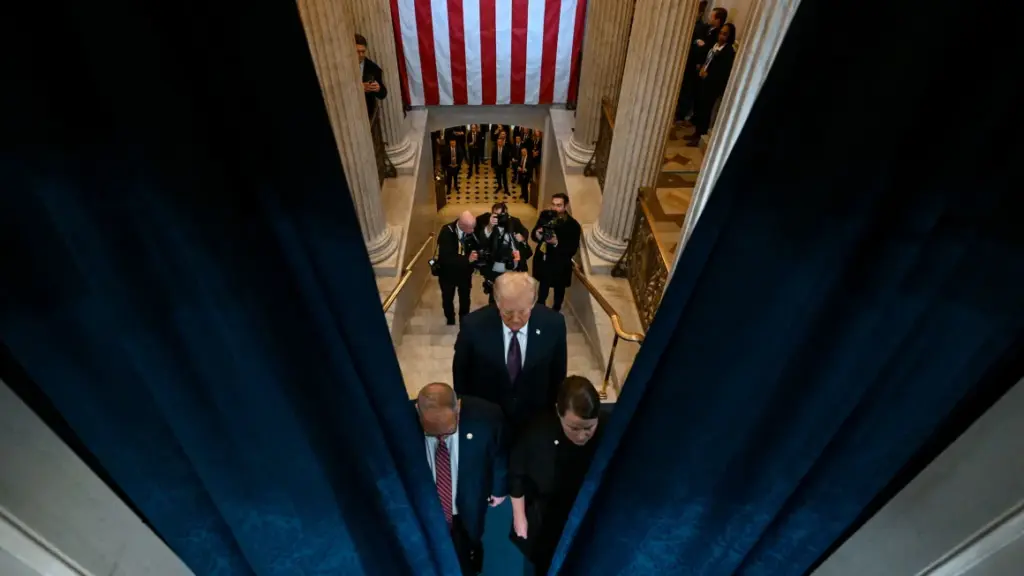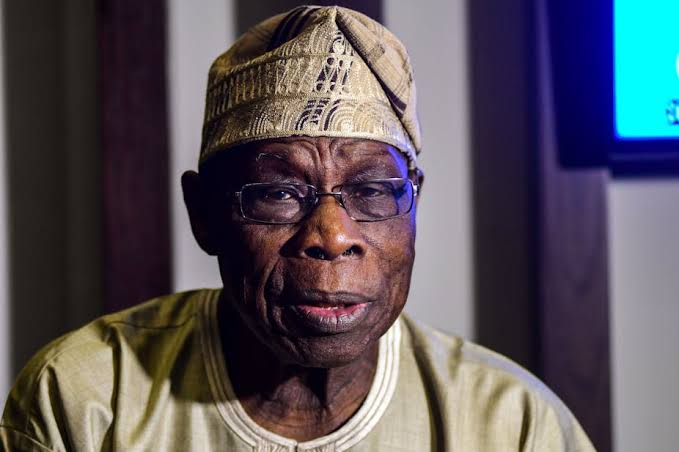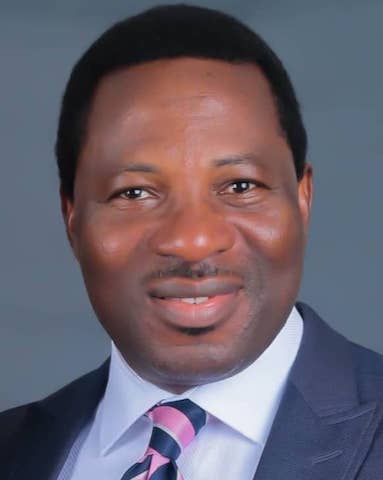Movement at crossroads
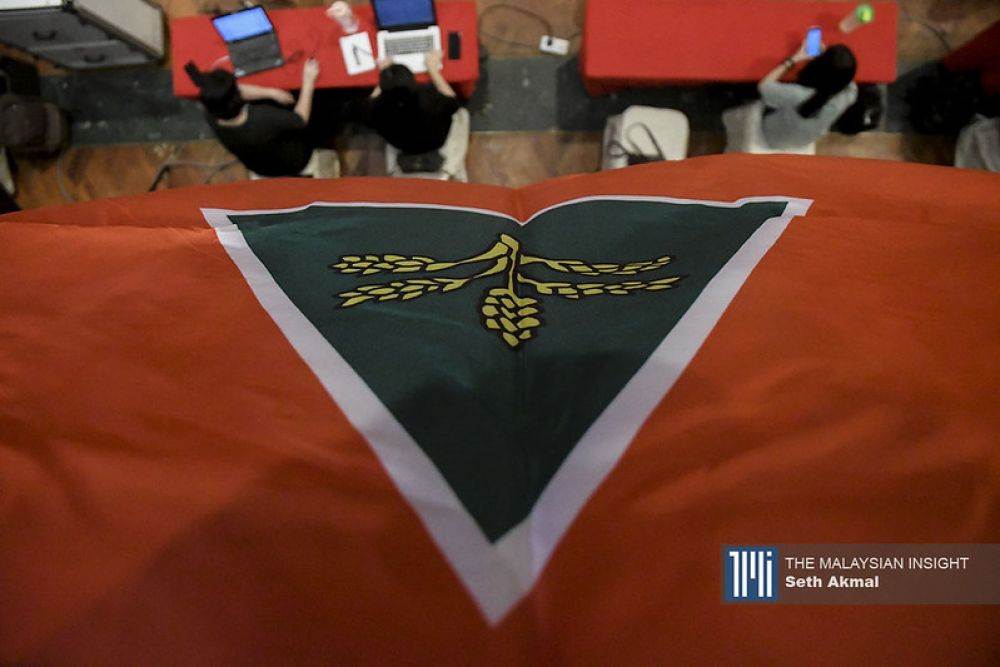
Politics tamfitronics
Ian McIntyre Updated 2 weeks ago · Published on 9 Sep 2024 7:00AM ·

THERE is life yet in Gerakan, even though the popular view is that the party has no chance of regaining control of Penang.
In politics, victories often come not from strength, but from a weaker opponent.
With DAP showing signs of stagnation in Penang after nearly two decades of dominance, Gerakan is eyeing a potential comeback. However, it is not aiming for an outright victory, said the party’s former Penang elections director, Wong Mun Hoe.
Wong said it is possible for Gerakan to win a few seats but acknowledges that reclaiming Penang may be “a bridge too far.”
Public sentiment about Gerakan leaders, especially Koh Tsu Koon, has improved, he said. When Koh is seen in public, people now greet him warmly, shaking his hand and even requesting selfies.
“Decades ago, they mocked him, but now there is a sense of camaraderie with the man who led Penang from 1990 to 2008.”
Having been involved in political brinkmanship for a long time, Wong is focused on one key aspect – winning elections instead of popularity
This raises the question: can Gerakan ever win a seat in Penang again? Several factors need to align for that to happen.
Former Kelantan PAS strategist Wan Abdul Rahim Wan Abdullah warned that during a political “storm”, the best approach is to take shelter. The storm will eventually pass, but at its peak, even the best candidates can be swept away.
For Gerakan to be ready when the storm subsides, the party must address its leadership issues. Insiders admit there is dissatisfaction with party president, Senator Dominic Lau Hou Chai, who is seen as too weak on the national stage.
There is also unease about Gerakan’s alliance with the Malay-centric Perikatan Nasional coalition, dominated by PAS and Bersatu.
“Why doesn’t Gerakan stand alone, focusing on Penang? Once the political dust settles, it could join a ruling coalition or become a credible opposition,” said an insider who wished to remain anonymous. “Instead, it’s currently voiceless and directionless.”
Reinventing the Movement
One leader who has weathered every storm Gerakan has faced in Penang is the outspoken state vice-chairman and political bureau head, H’ng Khoon Leng. Despite losing the Pengkalan Kota seat in three consecutive elections, he continues to persevere.
Over cups of bland “kopi o” in a cafe, H’ng said Penang Gerakan is preparing to reinvent itself, as its strategies have proven ineffective among Penang voters.
“Just wait and see how Penang Gerakan responds to the current challenges,” he said.
H’ng said that for Gerakan to remain in the opposition coalition, it must focus on solutions. He acknowledges that the party faces a high risk of failure due to PAS’s rigid stance, while Bersatu struggles to distance itself from corruption allegations.
“We have multiple plans to counter whatever our rivals may throw at us,” H’ng said.
He pointed out that Gerakan, as a liberal democratic party, differs from DAP, which is a social democratic party.
“We are liberals and support multi-racialism but with an Asian framework and values,” he said.
H’ng said today’s Gerakan is misunderstood. Contrary to popular belief, it does not aim to only contest in Chinese-majority seats like DAP. Gerakan is interested in contesting any seat where it sees a chance of winning, he said.
This has led to debates within the party, particularly with PAS and Bersatu, who wrongly assume that Gerakan is a “twin of DAP” when it comes to seat allocations.
“DAP has worked with both PAS and Bersatu in the past. It’s the only party that partners with anyone to secure victory. This shows our principles,” H’ng stated.
“We can even contest a Malay seat if we think we can win. It’s just that Penang is Gerakan’s founding base, so it appears as though we only target Chinese seats.”
H’ng said PAS had misinterpreted Chinese culture and value systems.
“In our culture, we have both a god of war and a god of gambling. Gambling was historically used to sharpen the mind. So, when PAS banned gaming outlets in Kedah, there was a strong backlash.”
Despite the challenges ahead, H’ng believes there are signs that the political storm is subsiding for Gerakan. He hopes the party will emerge stronger after some time on the sidelines. – September 9, 2024.
Sign up or sign in here to comment.
Discover more from Tamfis Nigeria Lmited
Subscribe to get the latest posts sent to your email.



 Hot Deals
Hot Deals Shopfinish
Shopfinish Shop
Shop Appliances
Appliances Babies & Kids
Babies & Kids Best Selling
Best Selling Books
Books Consumer Electronics
Consumer Electronics Furniture
Furniture Home & Kitchen
Home & Kitchen Jewelry
Jewelry Luxury & Beauty
Luxury & Beauty Shoes
Shoes Training & Certifications
Training & Certifications Wears & Clothings
Wears & Clothings





